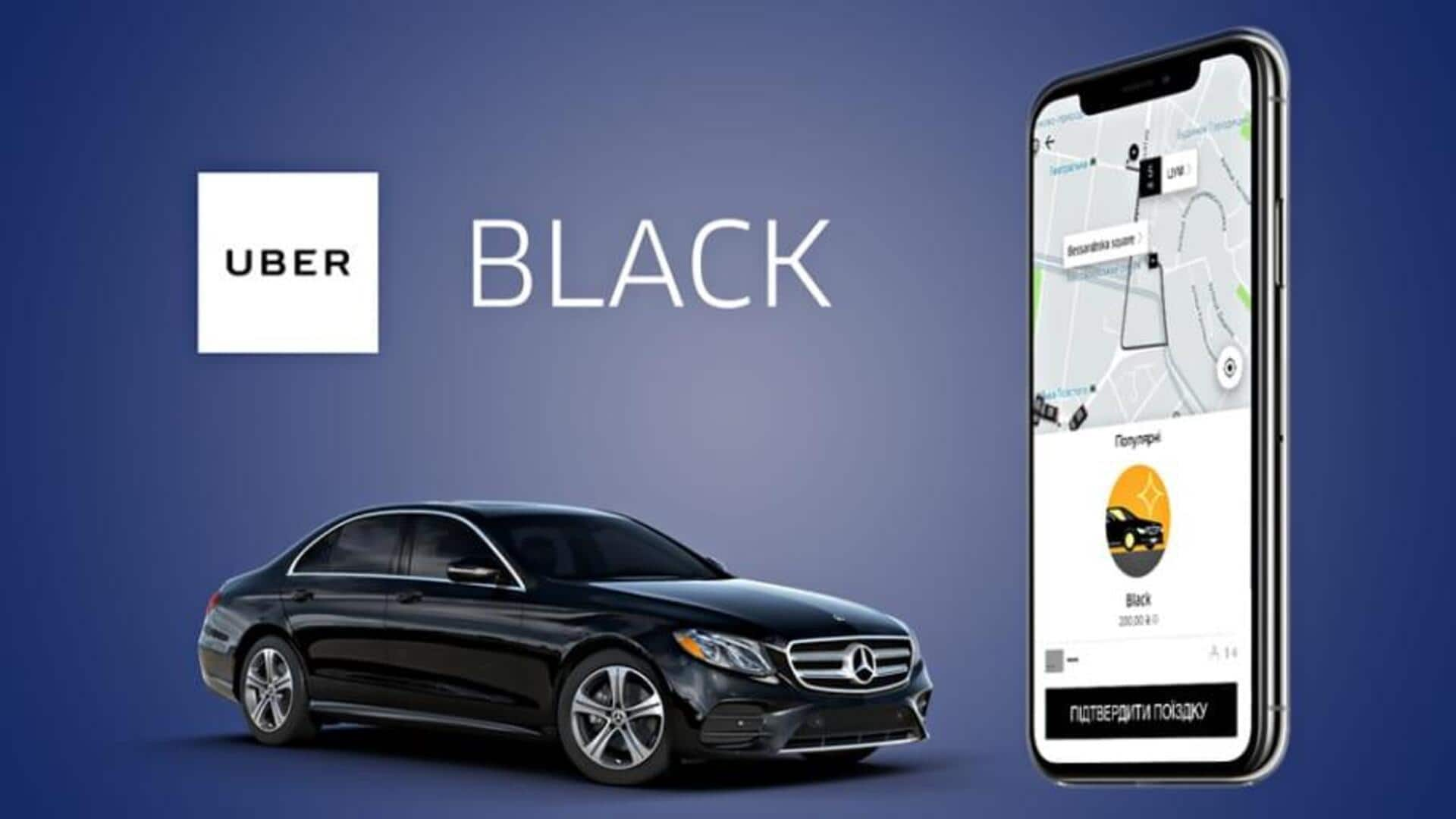
Uber Black premium ride-hailing service to make comeback in India
What's the story
Uber, the global ride-hailing giant, is set to reintroduce its premium service Uber Black in India.
The move comes as a response to the increasing trend of Indian consumers opting for high-end experiences.
The service will initially be available in select areas of Mumbai within the next few weeks.
This development marks a significant shift in Uber's strategy toward premiumization, and enhancing customer experience.
Service evolution
Uber Black's history and future prospects
Uber Black was initially launched in India in 2013, offering vehicles from luxury brands like Mercedes-Benz, BMW, and Audi.
However, the service underwent changes with the introduction of cars such as Toyota Innova, Honda City, and Toyota Corolla.
The revamped version promises to be a "far more sustainable model," offering customers with a white glove cab service in larger cars than currently available commercial sedans.
Service details
New vehicle lineup and pricing plans
The new Uber Black service will feature SUVs and MUVs from brands like Toyota and MG Motor.
The pricing for this premium service is tipped to be 30-40% higher than that of Uber Premier, the company's existing top product.
Despite the higher cost, Uber anticipates significant demand from corporate travelers, indicating a strategic focus on this demographic.
Business expansion
Investment in fleet partners
The reintroduction of Uber Black will be facilitated through Uber's fleet partners.
In 2023, the company invested $20 million in Mumbai-based Everest Fleet, one of its largest vehicle partners.
This investment underscores Uber's commitment to expanding its fleet partnerships as part of its broader business strategy.
The company aims to cater to all customer groups by introducing products for both ends of the spectrum.
Growth plan
Uber's growth strategy and market trends
Uber is diversifying its offerings with products like Uber Black, rentals, and intercity rides to increase average ticket sizes and profitability in the Indian market.
A company spokesperson confirmed that there is a "critical mass of travelers willing to pay a premium for on-demand services that give them high-end experience."
This trend aligns with the broader shift toward premiumization in various sectors including beauty, fashion, electronics, vehicles, and travel post-COVID-19.